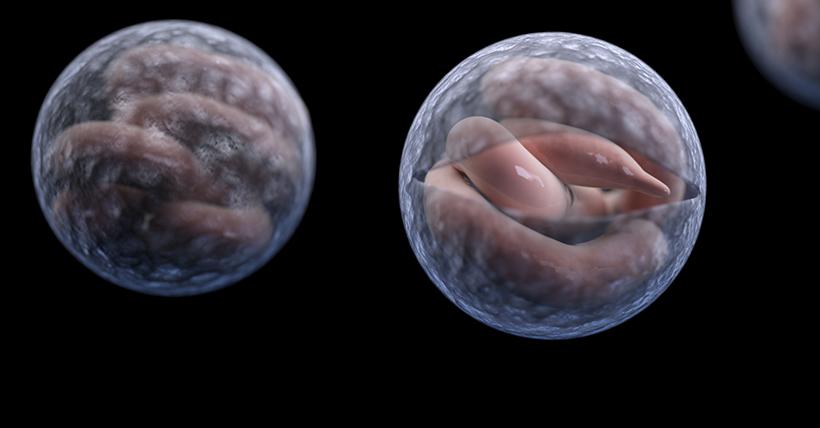A worrying rise in the number of Cryptosporidiosis cases in New South Wales (NSW) and Queensland has prompted health officials to warn people who have suffered from diarrhoea not to go swimming for at least two weeks afterwards, to prevent spreading the parasite.
NSW has seen 498 reported cases of cryptosporidiosis so far this year compared to the usual five-year average of 95.





